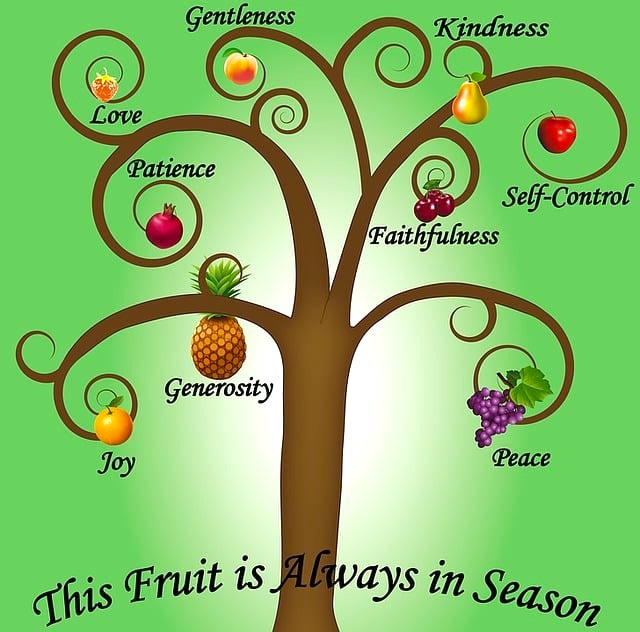The post How I’m Honoring My Child’s Memory, discusses how my husband and I are honoring our son’s memory. We talked about doing mitzvos (good deeds), learning Torah, and giving tzedakah (charity) as a few of the many ways to remember a child. Another wonderful way to honor a child’s memory is by emulating the positive character traits of that child.
The Far Reaching Influence of Those Who Have Passed On
Examples From Pirkie Avot, Ethics of the Fathers
In the Mishna, we find that emulating the actions of those who have passed on is very powerful. For example, Pirkei Avot mentions people who have no portion in the World to Come such as King Yaravam ben Navat and King Menashe, two of the worst kings in Jewish history. Among their many sins, they worshipped idols and made sure the people did the same. When referring to Yaravam ben Navat, the Sages say:
‘…Yeravam ben Nevat sinned and caused the community to sin, so the community’s sin is attributed to him, as is stated, “For the sins of Jeroboam, which he sinned and caused Israel to sin”…’ (Pirkie Avot, 5:18)
This description sticks to Yaravam even long after he dies. As for Menashe, our Sages say that before he died, he repented his sins. However, generations later, the idolatrous misbehavior of the people are still attributed to him. Yaravam and Menashe entrenched the people in sinful behavior. Their influence was so strong that the people continued in the ways of these leaders well after they died.
In contrast, Our Teacher Moses was righteous and caused others to be righteous as well:
‘…Moses was meritorious and caused the community to be meritorious, so the community’s merit is attributed to him; as is stated, “He did G‑d’s righteousness, and His laws with Israel”…’ (Pirkie Avot, 5:18)
All the good that the people continued to do was credited to Moses long after he passed on.
G-d looks at the deeds of those who are living. Conversely, He also considers the influence of the dead on the actions of those who are still alive.
Emulating the Good
The Real Purpose of a Eulogy
To describe this concept further, there is an interesting insight about the meaning of a eulogy mentioned on page 80 in the Artscroll publication of the book Ein Yaakov. The Gemara says that when delivering a eulogy, one raises his voice in anguish in order to move the mourners to tears. Rabbi Chaim of Volozhin (1749-1821) explains that the Hebrew word for ‘raising’ is derived from a word meaning to raise, or draw, water from a well. In other words, those listening to the eulogy should draw inspiration from the good qualities of the person who passed on, and try to adopt these qualities as their own.
An example of putting this concept into practice was when the great Sage Rav passed away. Each of his students wanted to emulate all of their teacher’s good qualities within themselves but couldn’t because Rav had so many. So they decided that each student would take on one of Rav’s character traits. In this way, Rav continued to live.
Ways to Emulate Our Child’s Behavior
My son Jacob was a good listener. Whether he was listening to me, his siblings, a friend, or anyone, he gave his full attention to that person. I’m trying to be a good listener too. He was willing to do a favor for those who needed one. He was giving and caring. I’m trying to be giving and caring too.
Target the good character traits of your child and try to model it as best you can.
There are those parents who sadly lost a young child, a toddler, or an infant. In despair, they might say ‘My child’s personality wasn’t formed yet. How can I emulate a personality that never blossomed?’
Did your child smile? How did you feel when your child smiled? You probably felt happy. So smile at others and make them happy too. Did your child look at people and things as something new to be explored? They most likely did, and without any negative bias. Try to do the same.
And what if your child passed away as a mere infant, a child who was too young to smile and explore? Then find the child’s personality through the name you gave that child.
When the first man, Adam, named all the animals in the Garden of Eden, he wasn’t just making up pleasant sounds. He looked at each animal and gave it a name describing the animal’s intrinsic nature. Similarly, Jewish tradition says that baby naming is a form of prophesy. The Hebrew name that a parent gives a child defines that child’s personality. The very essence of a child is in his or her name. Explore the meaning of your child’s name and emulate those character traits that define that name.
Our child has passed on, but when we model his or her good character traits it’s a tremendous benefit for the child, the parent, and the world. The child literally lives on through our actions. May we all merit to physically see and hug our child once again. May it be soon.

Beautifully expressed